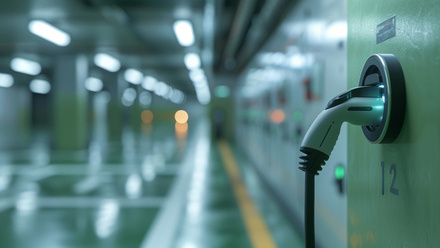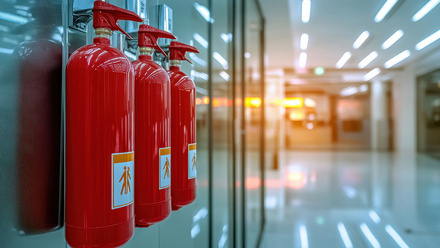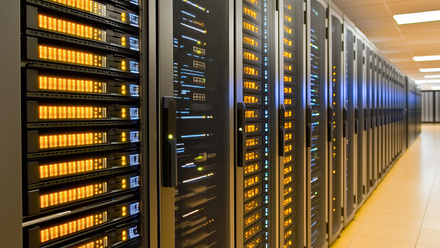Guidance on Gaseous Systems: approved system versus approved components
The aim of the guideline is to make any person involved in the choice of a gaseous extinguishing system aware of the major differences between quality marks and to help them make a decision based on clear and balanced information.
Gaseous fire extinguishing systems are a very effective way to protect critical hazards and high value assets, when it is important to have no collateral damage caused by the extinguishant or residues. For any kind of electric risk (Data Centre, IT rooms, Control rooms, Switchgear rooms, etc.) or very sensitive/valuable assets or materials (Art, Antiques, Rare books, etc.), they are often the first choice. An additional factor is personal safety as many of these applications are occupied, either permanently or occasionally.
The correct performance of a gaseous fire extinguishing system is therefore essential not only to quickly extinguish a fire but also to protect human life. It is important to understand how to assess the efficiency and reliability of a gaseous fire extinguishing system.
Numerous quality marks are available to validate the compliance to rules and standards. However, it may be difficult for non-specialists such as end users to get a good understanding of the meaning of all these marks before selecting a particular gaseous extinguishing system. The new guidance note of Euralarm aims on making any person involved in the choice of a system aware of the major differences between quality marks and to help them make a decision based on clear and balanced information.
Although the document specifically covers gaseous fire extinguishing systems only, the content may also be applicable to other fire extinguishing or fire prevention systems.
Copies of the Guidance on Gaseous Systems: approved system versus approved components can be downloaded here in:





